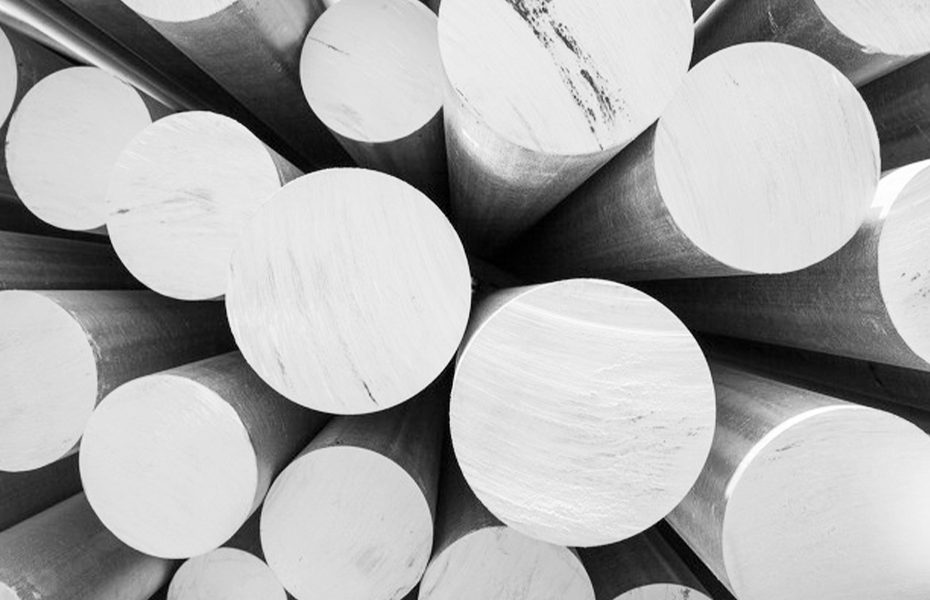CNC machining is a highly repeatable and accurate manufacturing process for creating parts ranging from prototype to high-volume production runs. CNC tooling uses pre-programmed instructions to cut a solid block of material into the desired part. The versatility of this process makes it suitable for a wide range of applications and their specific requirements. While CNC machining is adaptable, it’s important to start with the right material to achieve the desired finished product.
Material Selection Process
It can be a challenge to figure out which material is the perfect fit for your application. To ensure that your material selection is best for your specific project, it is crucial to follow these steps:
1.Define material requirements. Material selection begins with defining your material requirements. Consider factors such as the electrical and environmental conditions of your application, part size requirements, desired mechanical properties, cosmetic preferences, and cost requirements.
2.Identify top material candidates. Once you have defined your material requirements, narrow down your selection to materials that fulfill those needs.
3.Select the final material. Once you have identified your top material candidates, it’s time to make the final decision. This might mean a compromise between two or more material requirements.
Popular Materials Chosen by Precision Machining Services Providers
Highly accurate CNC precision machined parts can be produced from a multitude of materials, which are listed as follow:
Aluminum:
Considered exotic in relation to manufacturing, aluminum is perhaps the most widely used CNC milling material. Ability to be machined quicker than others makes aluminum a more useful material for CNC machining. Being lightweight, non-magnetic, corrosion-resistant and inexpensive, aluminum is largely used in the production of aircraft components, automotive parts, bicycle frames, and food containers.
Stainless Steel:
Stainless steel alloys are impervious to most stains and rust. Favored for its strength and resistance to corrosion, the material is used for anything from surgical equipment to electronics hardware. Stainless steel is a very versatile material and is relatively lightweight and durable, broadening its applications across industries.
Carbon Steel:
Carbon steel is also one of the popular materials considered for CNC machining. It is available in a variety of formulations and you can select from them depending on your application requirements. The material is largely chosen for CNC machining owing to its durability, safety, long shelf life, affordability, and environment-friendly nature.
Brass:
Widely established as one of the easiest and cost-effective materials to use with precision machining services, brass is chosen to make intricate parts that require sophisticated features. With the ease of machining, smoothness, and clean finish, brass is used in the making of medical equipment, consumer goods, electronic hardware and contacts, fittings, commercial products, among others.
Titanium:
Titanium is resistant to heat and corrosion, making it a viable choice for many industrial applications. Impervious to salt, and water, titanium is widely chosen in the making of medical implants, aircraft components, and jewelry, among others.
Magnesium:
Magnesium is the lightest structural metal widely used by precision machining services providers. Exhibiting excellent machinability, magnesium provides strength and sturdiness that makes it well-suited for applications across several industrial sectors.
Monel:
The demand for CNC machined Monel part is all-time high. It is largely used for applications that are being exposed to corrosive environments and demand higher strengths. There are very few CNC machining shops who specialize in Monel machining, because tooling it is difficult, and requires high experience.
Inconel:
It is a nickel-based superalloy, which has gained immense popularity in recent years owing to its various beneficial features. Inconel parts are suited for environments, where they may be subjected to aqueous corrosion or oxidation. It can also ideal for applications, where the parts may be subjected to extreme pressure and heat.
Other than the aforementioned materials, there are several more materials that are compatible with the precision CNC machining process. These include Carbide, Tungsten, Palladium, Invar, Nickel, Niobium, Alloy steel, Beryllium, Cobalt, Iridium, and Molybdenum, and so on. Choosing the right material is important after considering the application area which it is put to use, and other machining activities and so on. Choosing the right material from several options is crucial as it determines the success of the applications.
